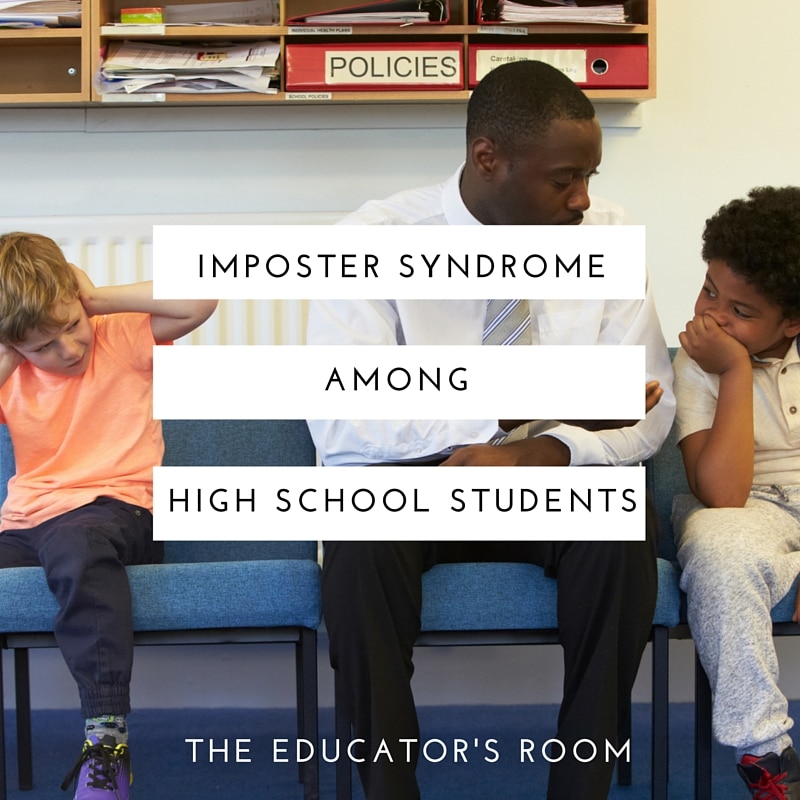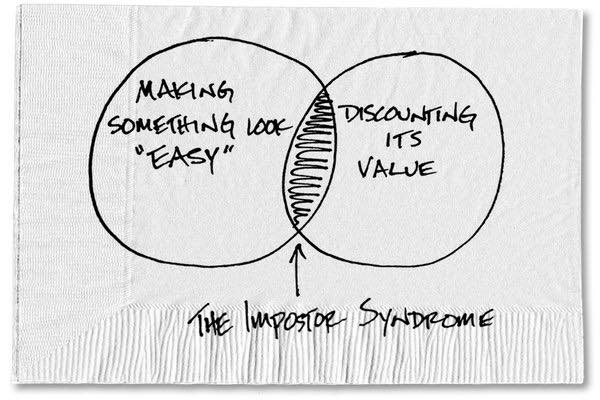For the sake of this article, we will call him Jarvis. Jarvis is a current junior at a math/science magnet high school in Georgia where he has the second-highest GPA in the entire building. Not his grade. The building. Out of 2,275 students, there is the only person who has a higher GPA than he does and she is a freshman. As if that wasn’t impressive enough, he also scored a 31 out of 34 on his ACT (on a day when he had strep throat), and after being ill-pleased with his first set of SAT scores, spent every day for weeks, after completing his homework, of course, studying for the next test on which he scored 2200 out of 2400. Did I mention that he plays soccer, is a member of The National Honor Society, The BETA Club, SGA, volunteers to feed the homeless and hungry with his cousin’s ministry at least 3-4 times a semester, and he’s a genuinely nice, caring, and humble person? Yeah. Look up “badass” in the dictionary and you’re likely to find him listed among the definitions, next to Shonda Rhimes. But, there’s a problem.
As one of my former students, we have developed a pretty close relationship. His mother passed away before he got to high school and through our interactions in and out of class, he gravitated to me and truly become one of my children. One day we were talking about where he was thinking about applying to school and I was suggesting some Ivy Leagues along with those that might appeal to him because of his interests in engineering. He got quiet and looked down. “What’s wrong Jarvis?” He remained still for a few more seconds and then remarked, “What if I don’t GET into college?” I rolled my eyes and just looked at him before I responded. “Seriously Jarvis. We’re back at this again?” See, this wasn’t the first time I’d encountered his insecurity about his academic future. It had been a running theme since the year he was in my honors 9th Grade Literature class sporting a pure, not impacted by extra credit, (because I didn’t give any) 99 average. If you compliment Jarvis on his fine academic achievements and remark what an intelligent young man he is he will almost always respond, “I’m not smart. I just work hard” and then he will proceed to name all of the other students in the building who he perceives to be better than him.
Did I mention he has the second-highest GPA in the building? But that’s just part of the problem. The bigger issue is that he’s not the only one. In fact, he’s one of no less than a dozen or so high-achieving students who will tell you a myriad of reasons why they don’t deserve the accolades they receive. When asked why they will say “because I’m really not that smart.” And as much as I want to fuss at them and shake them and tell them how ridiculous they sound, I can’t. Because I understand exactly what they’re talking about. But that’s a story for a different article.
[fusion_builder_container hundred_percent=”yes” overflow=”visible”][fusion_builder_row][fusion_builder_column type=”1_1″ background_position=”left top” background_color=”” border_size=”” border_color=”” border_style=”solid” spacing=”yes” background_image=”” background_repeat=”no-repeat” padding=”” margin_top=”0px” margin_bottom=”0px” class=”” id=”” animation_type=”” animation_speed=”0.3″ animation_direction=”left” hide_on_mobile=”no” center_content=”no” min_height=”none”][bctt tweet=”imposter syndrome as “the feeling of phoniness in people who believe that they are not intelligent, capable, or creative despite evidence of high achievement.” username=”EducatorsRoom”]
In October 2015, The New York Times published an article titled: “Learning to Deal with the Imposter Syndrome.” In it, author Carl Richards explains what imposter syndrome is, how many people suffer from it, why they suffer from it, and how to live with it. In 1978, two American psychologists defined imposter syndrome as “the feeling of phoniness in people who believe that they are not intelligent, capable, or creative despite evidence of high achievement. While they are highly motivated to achieve, they live in fear of being found out or exposed as frauds.” This is what Jarvis, and I am certain thousands of students across America, deal with daily, the fundamental belief that they are in some way fraudulent. Some may say that imposter syndrome is a type of “hyper-humility” but regardless of what you call it, both the media and the education system are doing a hell of job cultivating it.
Nearly, every day, an article is published about how our education system is failing our children. Students aren’t learning. Teachers aren’t teaching and Finland is continuously held up in our faces as the Nirvana of education. Test scores are published, failing schools are dismantled under the media’s microscope, and if you happen to attend any school that is considered to be “less than” your achievements are diminished because of course, you have the 2nd highest GPA in the building. Your school isn’t as rigorous as (fill in the blank). (This is an argument that reaches all the way to the collegiate level when you start talking about whether an education at an HBCU is as rigorous or effective as that of a PWI. Don’t get me started. Well, not in this article anyway). So think it not strange that there’s a bunch of absolutely “change the world” brilliant students who don’t think they’re smart or that their academic achievement isn’t legitimate. They’re told almost every day, if they watch the news at all, that they may not be.
Now let’s talk about the education system itself that tells all students what matters most is how you perform on these tests, and whether these tests will get you into the college of your choice, and whether the college of your choice is one worth going to because where you go can make or break your entire life (Insert another “don’t get me started moment” here). Add to this the intense stress that is leveled at all students during their junior year of school but is particularly nefarious to a high achieving student who is taking a full load of AP/IB/Honors classes, along with preparing for end of course tests, the ACT, the SAT, and beginning the arduous journey of planning where to go to college. Almost every week, students are deeply engaged in conversations about class averages, scores on class tests, and standardized tests and if one of the high achieving students doesn’t perform as well as he, or she, or everyone else things they should have the “See? I told you I wasn’t smart” mantra starts to come out.
Another student who we will call Jason earned a 92 on a particularly hard AP Chemistry exam and when I congratulated him he said, “Oh. But (insert name here) scored a 94 and (insert other name here) scored a 96.” I looked at him and said, “what does that have to do with your totally awesome 92?” His response was “I keep telling you I’m not smart. I’m just lucky.”
Unfortunately, for most, if not all of these students, imposter syndrome will probably never go away simply because the more you achieve the more established it gets. In the same New York Times article, Maya Angelou, one of the most prolific writers to every put pen to paper, is quoted as saying “I have written 11 books, but each time I think, ‘Uh oh, they’re going to find out now. I’ve run a game on everybody, and they’re going to find me out.” Thankfully, it appears they won’t be alone but wouldn’t it be nice if they weren’t pushed in that direction in the first place.
We must do a better job of protecting, supporting, and encouraging our scholars to believe that all they are, all they have accomplished is not only brilliant but legitimate. We do them no favors but allowing them to think that they are not.
 [/fusion_builder_column][/fusion_builder_row][/fusion_builder_container]
[/fusion_builder_column][/fusion_builder_row][/fusion_builder_container]





